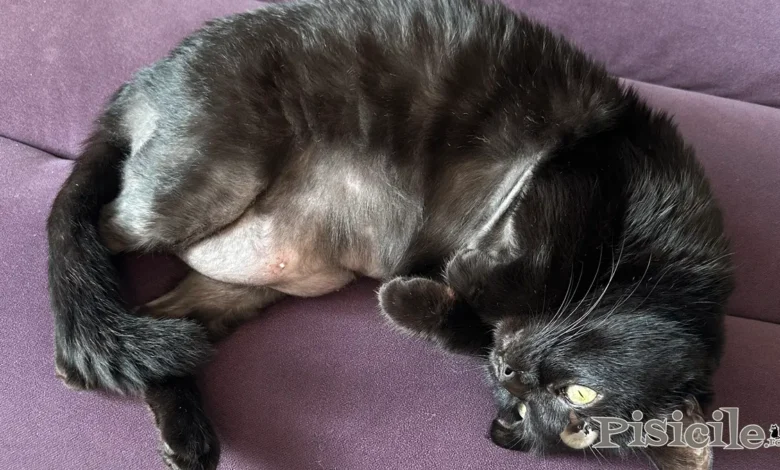
A cat's hair loss (alopecia or cat baldness) need not be a cause for concern for owners. It is normal for the cat to "refresh" its fur, once or twice a year. Here it also depends on the breed of the cat. There are cat breeds that shed all year round, much to the dismay of their owners.
When well-defined areas without hair appear on the cat's body, and the cat remains practically bald on the belly, limbs, back or other parts of the body, it is more than likely a problem that requires immediate examination by a doctor vet. After a thorough consultation, the veterinarian will determine the cause of the cat's fur loss and baldness on certain areas of the body.
Alopecia or cat baldness on the belly and other parts of the body can occur for a number of reasons that require increased attention from the owners and, in most cases, a long-term treatment, on the recommendation of the veterinary specialist.
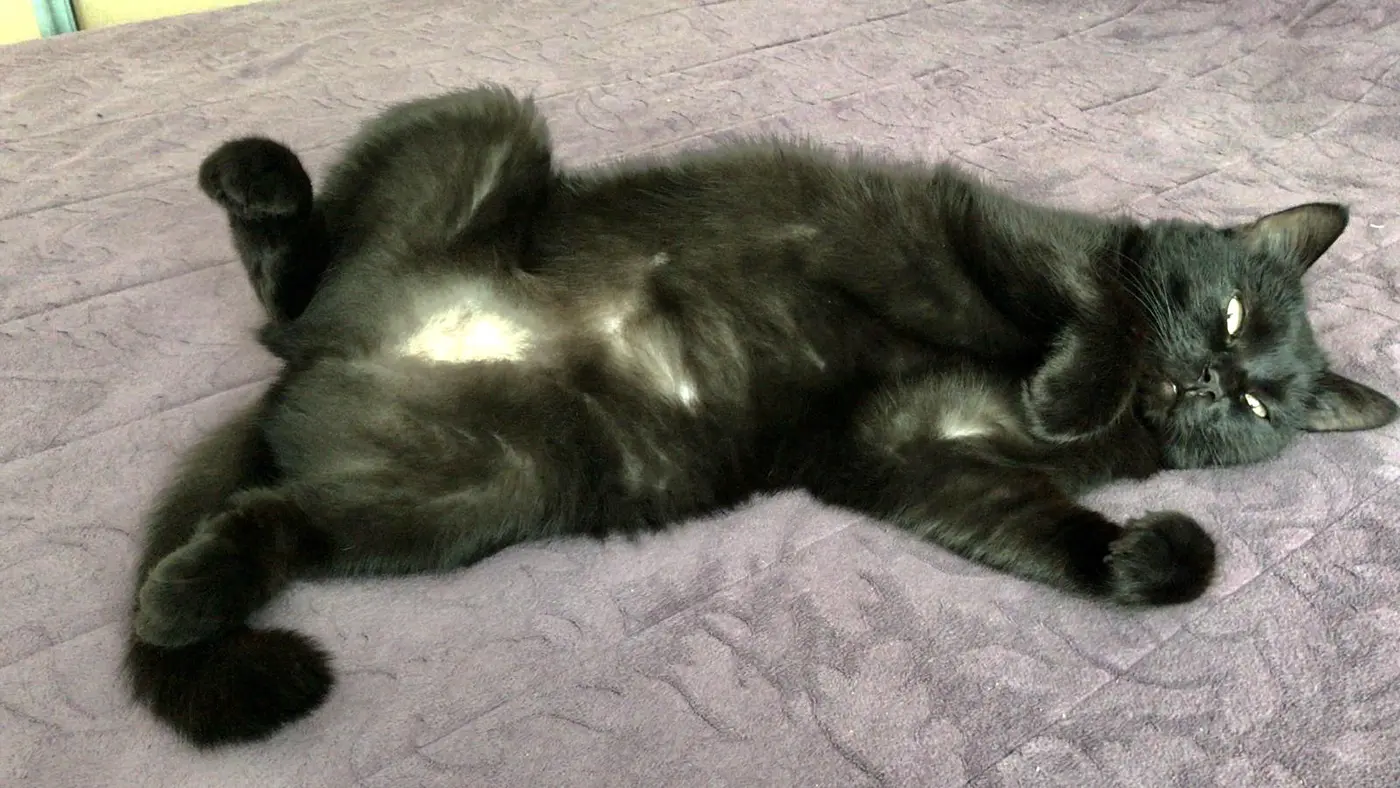
Subject
Common conditions that cause alopecia or balding of the cat on the belly and other parts of the body
There are several causes that can cause alopecia in cats. Here are the most common ones.
Excessive grooming due to stress or pain.
The cat doesn't bathe just to be clean. She can also wash often because of stress or if something hurts in that area or nearby. Through repeated washing/licking, the cat's rough tongue can remove surfaces from the fur by breaking/pulling the hairs.
Allergies.
Just like us humans, cats can have sensitivities and intolerances to certain mites, foods, proteins, or contact allergies. For example, our little mouse had large chunks of fur missing on several parts of his body. Following the investigation by the veterinarian, it was determined that she is allergic to chicken meat. He followed a severe diet with hypoallergenic food for a period of 2 months. After the first week, the effect of the diet had already begun to be felt.
Fungi and bacteria - fungal conditions.
Fungi (dermatophytosis) and bacterial overgrowth on the skin (cutaneous) can cause the cat to lose fur and bald in certain areas. Upon the recommendation of the doctor, you will receive special shampoos with which the feline will be washed for a period of time.
Hyperthyroidism can be the cause of alopecia or baldness on the cat's belly
Thyroid hormones released in excess in the body. It requires the consultation of the veterinarian, who will establish the treatment and the procedures that will follow.
Hypersensitivity to parasites.
It is unlikely that there is a cat that has not had fleas at least once in its life. Even if it is an apartment cat, fleas and other parasites can be brought in from outside on the owners' clothes and shoes. Especially during the warm periods of the year, when they multiply in excess. There are cats that are hypersensitive to the bites of fleas and other parasites, and this can be a cause of fur loss.
Those listed above are the most common causes, but alopecia or baldness on the cat's belly is not limited to them. There may be other, more serious conditions, and that's why we urge you to take your cat to the vet immediately. Especially if, in addition to shedding, other signs and symptoms appear, such as: lethargy, excessive scratching, skin with red dots or even sores in the areas left uncovered.
It is not a reason to panic if the cat's hair is missing or sparser in the area between the eyes and ears. Just as it is not cause for concern if a cat's fur stops growing where it has had an open wound or surgery.
*Please note that the above article does not represent the opinion of a veterinary specialist. Pisicile.ro encourages you to go to a veterinarian urgently in all situations where you notice something abnormal in your cat or pet.
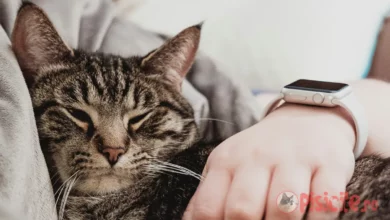
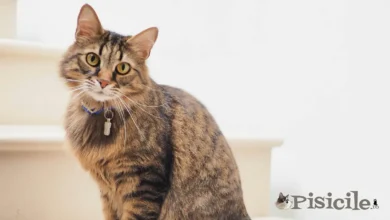
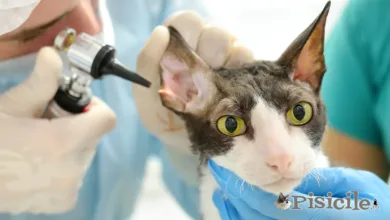
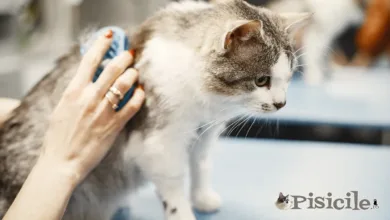
One Comment